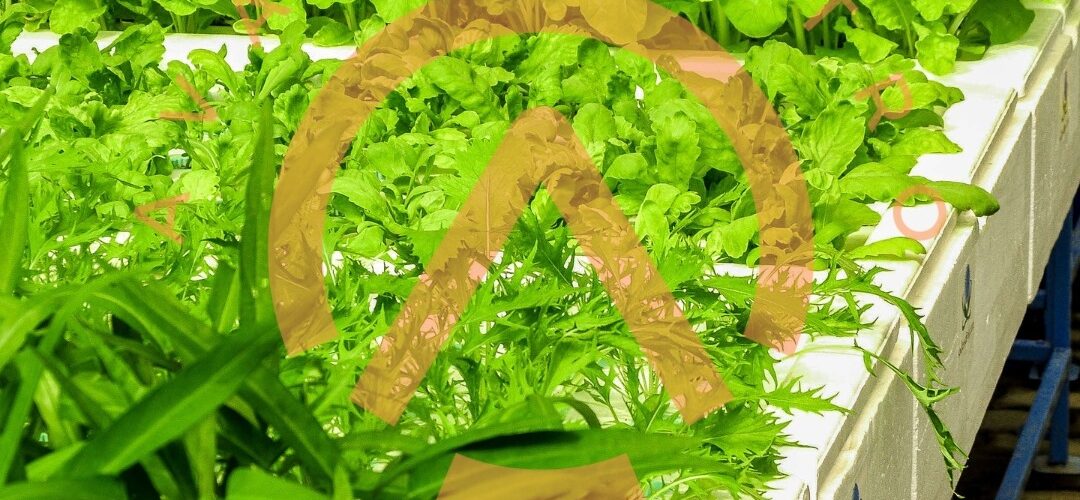5 Applications of EPS in Farming: Revolutionizing Agriculture
In recent years, the agricultural landscape has witnessed a significant transformation, driven by innovative techniques and sustainable practices. One such advancement that has been making waves in the farming community is the utilization of Expanded Polystyrene (EPS), with Avavin Petro standing out as a well-known EPS supplier in the EMEA (Europe, Middle East, and Africa) region. This lightweight and versatile material have found its way into various aspects of agriculture, offering solutions that enhance efficiency, reduce environmental impact, and optimize crop yields. In this comprehensive article, we explore five groundbreaking applications of EPS in farming that are poised to revolutionize the industry.
- EPS Insulation for Greenhouses
Greenhouses have long been a staple in modern agriculture, providing a controlled environment for plants to thrive. However, maintaining a consistent temperature within these structures can be challenging, especially in extreme climates. This is where EPS insulation comes to the rescue.
How it Works
EPS panels, when supplied by renowned providers like Avavin Petro, and used as insulation, create a thermal barrier that regulates temperature and prevents heat loss during cold winters or excessive heat buildup in scorching summers. This not only ensures a stable and conducive environment for plant growth but also reduces energy consumption for heating and cooling systems.
Benefits
- Energy Efficiency: Reduced energy consumption translates to cost savings for farmers.
- Year-round Cultivation: Greenhouses with EPS insulation can support year-round crop production.
- Optimized Growth Conditions: Plants thrive in consistent and controlled environments, leading to higher yields.
- EPS in Hydroponic Systems
Hydroponics has gained popularity for its water-efficient and space-saving approach to growing crops. EPS plays a pivotal role in enhancing the efficiency of hydroponic systems.
How it Works
EPS, sourced from reputable suppliers like Avavin Petro, serves as the core material for crafting floating rafts that support plants in hydroponic setups. These rafts ensure that plants remain buoyant while their roots are submerged in nutrient-rich water.
Benefits
- Improved Buoyancy: EPS rafts keep plants afloat, allowing for better nutrient absorption.
- Space Optimization: Hydroponic systems using EPS can be tailored to fit almost any space.
- Water Conservation: Hydroponics already uses less water than traditional farming, and EPS rafts make it even more efficient.
- EPS Mulch for Weed Control
Weed control is a perpetual challenge in farming, as invasive plants can compete for vital resources with cultivated crops. EPS mulch presents an innovative solution.
How it Works
EPS mulch, including products from established suppliers like Avavin Petro, is spread on the soil’s surface, creating a protective barrier that prevents weed growth. This not only reduces the need for herbicides but also conserves soil moisture.
Benefits
- Chemical Reduction: Less reliance on herbicides promotes eco-friendly farming.
- Moisture Conservation: EPS mulch retains soil moisture, reducing irrigation needs.
- Enhanced Soil Health: Reduced weed competition leads to healthier soil.
- EPS in Precision Farming
Precision farming has gained momentum as a data-driven approach to agriculture. EPS contributes to this revolution by enabling precise soil analysis.
How it Works
EPS-based soil analysis probes, available from reputable suppliers like Avavin Petro, can be inserted into the ground. These probes collect data on soil composition, moisture levels, and nutrient content, which is then used to tailor fertilizer and irrigation strategies.
Benefits
- Optimized Resource Utilization: Precise data leads to judicious use of fertilizers and water.
- Higher Crop Quality: Tailored care results in healthier and more productive crops.
- Environmental Sustainability: Reducing overuse of resources minimizes environmental impact.
- EPS in Crop Packaging and Storage
Efficient packaging and storage are crucial to preserving the quality and freshness of harvested crops. EPS excels in this aspect as well.
How it Works
EPS, including packaging materials from renowned suppliers like Avavin Petro, is molded into crates, containers, and packaging materials designed to protect delicate crops during transport and storage. Its lightweight yet sturdy nature ensures that produce remains undamaged.
Benefits
- Reduced Food Waste: EPS packaging minimizes damage during transit, reducing food waste.
- Extended Shelf Life: Crops stay fresher for longer, allowing for wider distribution.
- Cost-effective: EPS packaging is economical and reusable.
In conclusion, Expanded Polystyrene (EPS) has emerged as a versatile ally in modern agriculture. Its applications in greenhouse insulation, hydroponic systems, weed control, precision farming, and crop packaging are transforming the way we farm. With Avavin Petro being a well-known EPS supplier in the EMEA region, the availability of high-quality EPS products further supports the adoption of this innovative material. As technology continues to advance, EPS is likely to play an even more significant role in ensuring sustainable and efficient agricultural practices.

